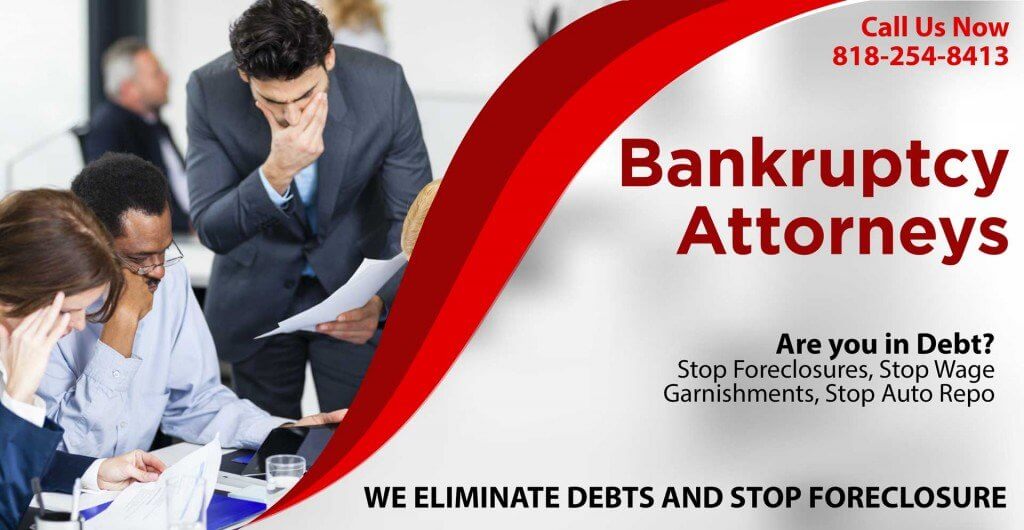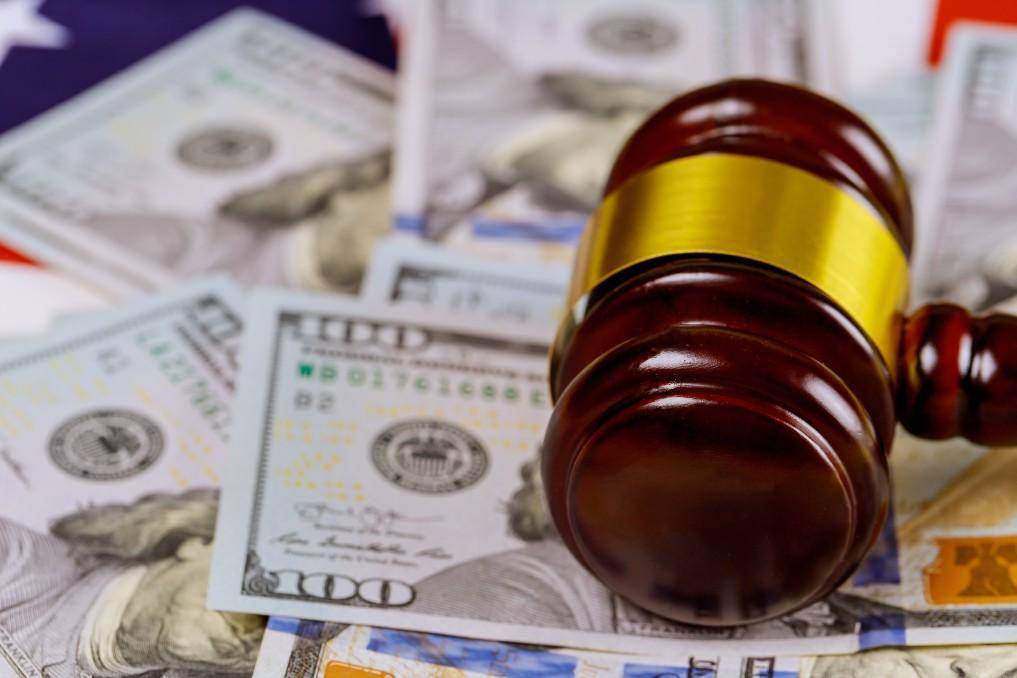
As bankruptcy cases rise across the nation from big corporations to regular individuals, people are wondering who qualifies for bankruptcy Chapter 13. Many people believe going into bankruptcy court is the end of their financial future, but there is hope in bankruptcy as thousands are in court every day saving their homes, cars, and personal assets. Chapter 13 bankruptcy is one of the best ways to save your property from getting taken and give you time to pay off the debt you have incurred.
Qualifying for Bankruptcy Chapter 13 can be either complex or simple, depending on your current financial situation, your current Chapter 13 bankruptcy attorney, and the paperwork you have filed. Those who are successful can keep their assets while paying their debt in a payment plan normally lasting 3-5 years.

How Chapter 13 Bankruptcy Works
Under Chapter 13 Bankruptcy, debtors receive 3-5 years to resolve their debt in a payment plan also known as the Chapter 13 repayment plan. This allows creditors to receive their payments and you to keep your property with a court-approved trustee who will collect and allocate the payments. Usually, the best reason to file Chapter 13 is if you are behind on a mortgage and your home is getting foreclosed. Chapter 13 will freeze the foreclosure and allow you to keep your home and you can start paying back the mortgage under a settlement plan by the courts.
For those who qualify for Chapter 13 Bankruptcy and have hired a Los Angeles bankruptcy attorney, a case begins by filing the proper paperwork to the bankruptcy court serving your district. While also doing this, the debtor must file a schedule of current income and expenditures, assets and liabilities, executory contracts and unexpired leases, and a statement of financial affairs that must show your current debt accounts.
How Your Chapter 13 Bankruptcy Repayment Plan is Calculated
The Chapter 13 bankruptcy repayment plan is based upon a couple of calculations. A 3-year plan to repay is proposed to the court if your income is below the median income for your state. If your gross income is above the median income, then the court will assign a 60-month payment plan for your debt. To calculate the amount that will be required to pay every month, the court will look at your disposable income, priority debts, and secured/unsecured debts.
1. Disposable Income
The first step towards your repayment plan is looking at your tax return and income. Cost deductions will be made such as basic necessities which include transportation, housing, utilities, food, child care, mortgage, and etc.
2. Priority Debts
Next comes the priority debts for your Chapter 13 bankruptcy. Priority debts must be paid off in full during the payment plan and are very important in the ladder. Examples of priority debts include unpaid taxes, child support, and unpaid wages by employers.
3. Secured/Unsecured Debts
Secured debts and Unsecured debts are next in line continuing in the repayment plan. Secured debts are debts secured by property which include car payment and mortgage. Most people who file Chapter 13 look for this opportunity to save their homes from foreclosure. If you wish to keep the properties that you own, you must include them in your repayment plan and it is your responsibility to pay off the remaining balance for your current secured debts. The second debt which backs no security and in a consumer’s favor is unsecured debt. With no property or priority on these debts, unsecured debt may be slashed or completely forgiven under court. Some examples include credit card debt, medical bills, and personal loans.
Once your plan is approved by the courts, all your payments will be handled by your Chapter 13 bankruptcy trustee. The trustee will handle all incoming payments and distribute them to the creditors. After you complete the repayment plan, you will no longer be able to pay back your creditors for the debt you have incurred.
Contact Los Angeles Bankruptcy Attorneys For Help
Chapter 13 bankruptcy is one of the best ways to get control of all of your assets and build a better future. Chapter 13 provides security and flexibility of payments for your assets and gets rid of all your creditors who are looking for payments.
Whether you need a Chapter 7 bankruptcy attorney or a Chapter 13 bankruptcy attorney, Consumer Action Law Group will help you gather all the necessary information and recommend the best path for your bankruptcy case. If you would like to schedule a free consultation with a bankruptcy lawyer who can help, fill out our contact form or call us at 818-254-8413












